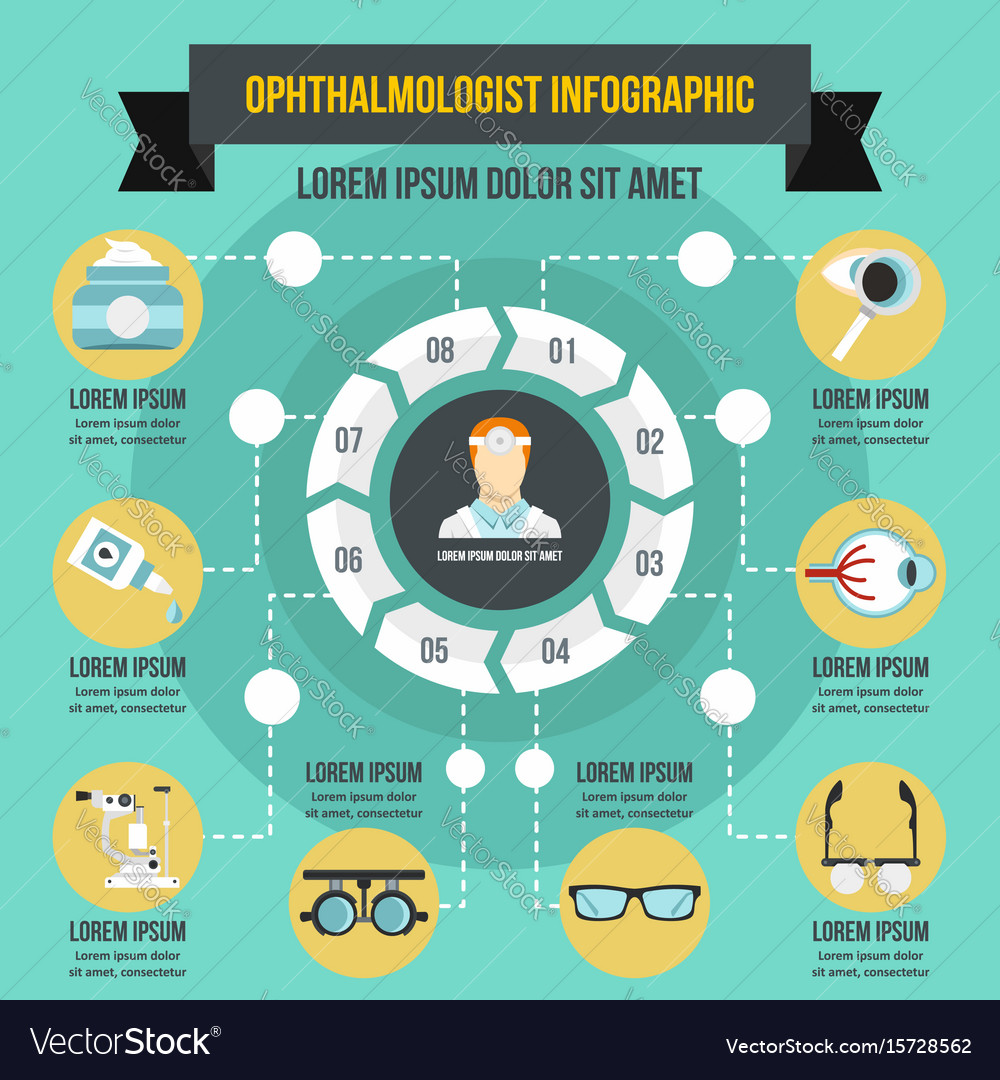Is SMILE Eye Surgery Right For You? Secret Factors To Consider And Insights
Is SMILE Eye Surgery Right For You? Secret Factors To Consider And Insights
Blog Article
Write-Up By-Bridges Storm
If you're considering SMILE eye surgical treatment, contemplate this: are you prepared to welcome possible visual liberty, or does the thought of any dangers make you think twice? Your choice will certainly rest on a mindful balance of considering the benefits versus the unpredictabilities. It's crucial to delve much deeper into the nuances of SMILE surgical treatment to make an informed choice that lines up with your visual objectives.
Understanding SMILE Eye Surgery
When thinking about SMILE Eye Surgical procedure, it is necessary to comprehend the treatment and its benefits. SMILE, which stands for Tiny Laceration Lenticule Extraction, is a minimally intrusive laser eye surgical procedure that fixes common vision issues like nearsightedness (nearsightedness).
Throughout the treatment, your eye cosmetic surgeon will make use of a femtosecond laser to produce a little laceration in your cornea. Through this incision, a little disc of cells called a lenticule is removed, reshaping the cornea and correcting your vision.
One of the vital advantages of SMILE Eye Surgery is its fast healing time. Several patients experience enhanced vision within a day or more after the procedure, with very little discomfort.
In addition, SMILE is known for its high success rate in providing lasting vision modification. Unlike Eye Surgery Lv Nv , SMILE does not call for the development of a flap in the cornea, minimizing the danger of difficulties and allowing for a much more steady corneal framework post-surgery.
Recognizing the procedure and its advantages is important when taking into consideration SMILE Eye Surgery for vision adjustment.
Advantages and disadvantages of SMILE
Taking Into Consideration SMILE Eye Surgical treatment for vision correction comes with numerous benefits and potential downsides.
One of the major pros of SMILE is its minimally intrusive nature, as it includes a tiny cut and generally results in fast recuperation times. https://franciscoupjdx.blog-kids.com/29430313/crafting-a-dry-eye-relief-strategy-daily-actions-that-bring-about-obvious-improvement is also recognized for causing minimal pain and completely dry eye signs and symptoms post-surgery compared to various other vision modification approaches. In addition, SMILE has been revealed to supply excellent aesthetic outcomes, with lots of people achieving 20/20 vision or much better.
On the other hand, a possible disadvantage of SMILE is that it may not be suitable for people with serious refractive mistakes, as the treatment array is rather restricted contrasted to LASIK. An additional consideration is that the understanding contour for surgeons implementing SMILE can affect the schedule of knowledgeable service providers in specific areas.
It is necessary to evaluate these benefits and drawbacks carefully when choosing if SMILE is the right choice for your vision adjustment requirements.
Establishing Qualification for SMILE
To figure out if you're eligible for SMILE eye surgical procedure, your optometrist will carry out a complete evaluation of your eye wellness and vision demands. During this assessment, factors such as the stability of your vision prescription, the density of your cornea, and the overall health of your eyes will certainly be examined.
Generally, prospects for SMILE are over 22 years of ages, have a stable vision prescription for at the very least a year, and have healthy and balanced corneas without problems like keratoconus.
Your ophthalmologist will additionally consider your general eye health, any kind of existing eye conditions, and your way of life requires to establish if SMILE is the right selection for you. It's essential to interact any type of certain aesthetic requirements or concerns you may have throughout this evaluation to guarantee that the treatment aligns with your assumptions.
If you aren't qualified for SMILE, your eye doctor might suggest alternative vision correction alternatives that better match your specific demands and eye wellness status.
Conclusion
Inevitably, deciding whether SMILE eye surgery is right for you requires cautious consideration of your private eye wellness and aesthetic needs. Seek advice from your ophthalmologist to determine your qualification for the treatment and weigh the prospective advantages and disadvantages. web page in mind to communicate any kind of concerns or questions you might have throughout the examination procedure to make an informed choice concerning your vision correction alternatives.
